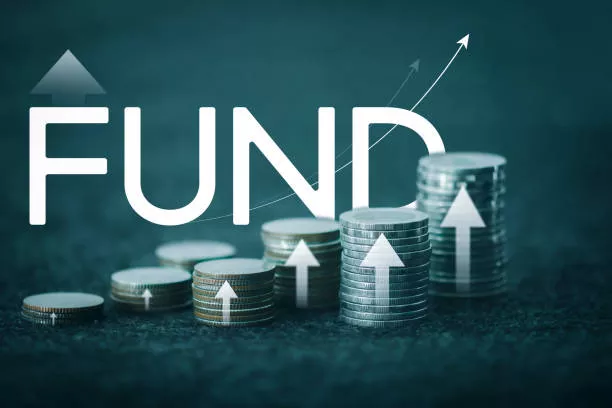Investors in mutual funds that maintain an asset allocation of 35-65% in equity, with the remainder in debt, equity, or a combination thereof, will no longer enjoy indexation benefits if they hold these funds for three years or more following recent budget announcements.
Indexation has traditionally allowed investors to reduce capital gains by adjusting the cost of acquisition using the Cost of Inflation Index. This adjustment becomes particularly advantageous during periods of higher inflation, effectively lowering taxable profits.
Various mutual fund categories, such as multi-asset allocation funds and balanced hybrid funds, have adopted this strategy to offer investors exposure to diverse asset classes while leveraging indexation benefits.
These funds have been popular among investors seeking lower equity exposure coupled with reduced volatility. However, with indexation benefits now unavailable, these funds are likely to transition towards structures that maintain a minimum of 65% in equity, with the remainder invested in fixed income and gold.
Under the new regime, investors will face a short-term capital gains tax of 20% and a long-term capital gains tax of 12.5% on such funds held for more than a year.
The latest budget has also clarified the taxation treatment of gold mutual funds, gold ETFs, fund of funds, and international equity fund of funds (FoF), previously categorized as debt funds. Previously, these instruments subjected investors to tax at marginal rates, prompting some to prefer sovereign gold bonds for their tax-free capital gains upon maturity.
Moving forward, FoFs investing in equity mutual fund units, gold ETFs, and international FoFs will now qualify for long-term capital gains tax benefits, taxed at a rate of 12.5% if held for more than 24 months.
Swarup Mohanty, Vice Chairman of Mirae Asset Mutual Fund, emphasized that FoFs with more than 65% exposure to domestic equities will now be treated similarly to other mutual fund schemes for tax purposes.
The changes are expected to impact many first-time investors who might consider starting their investment journey through FoFs.
Related topics:


























